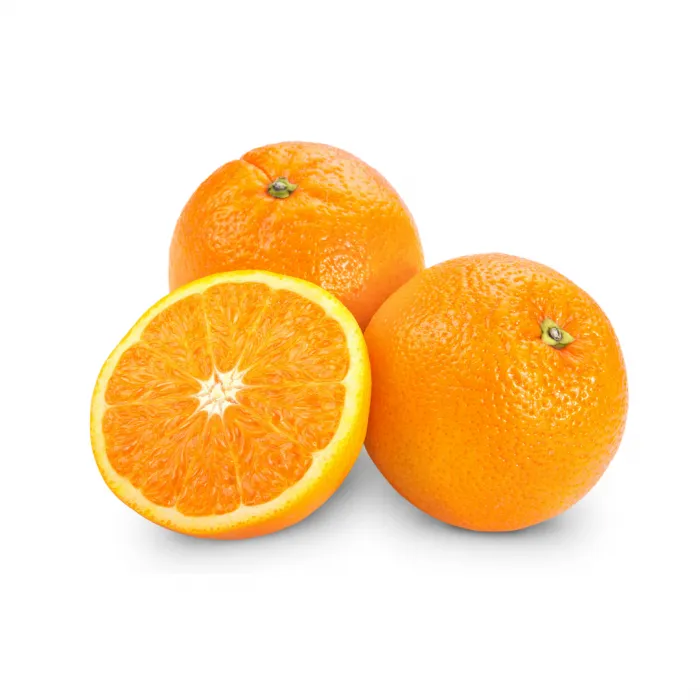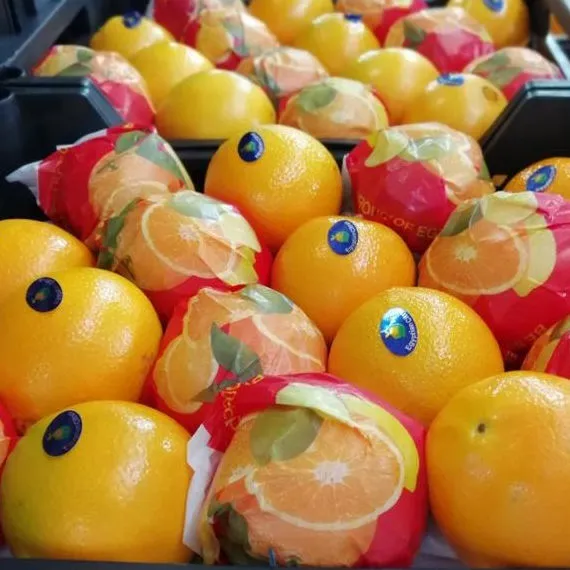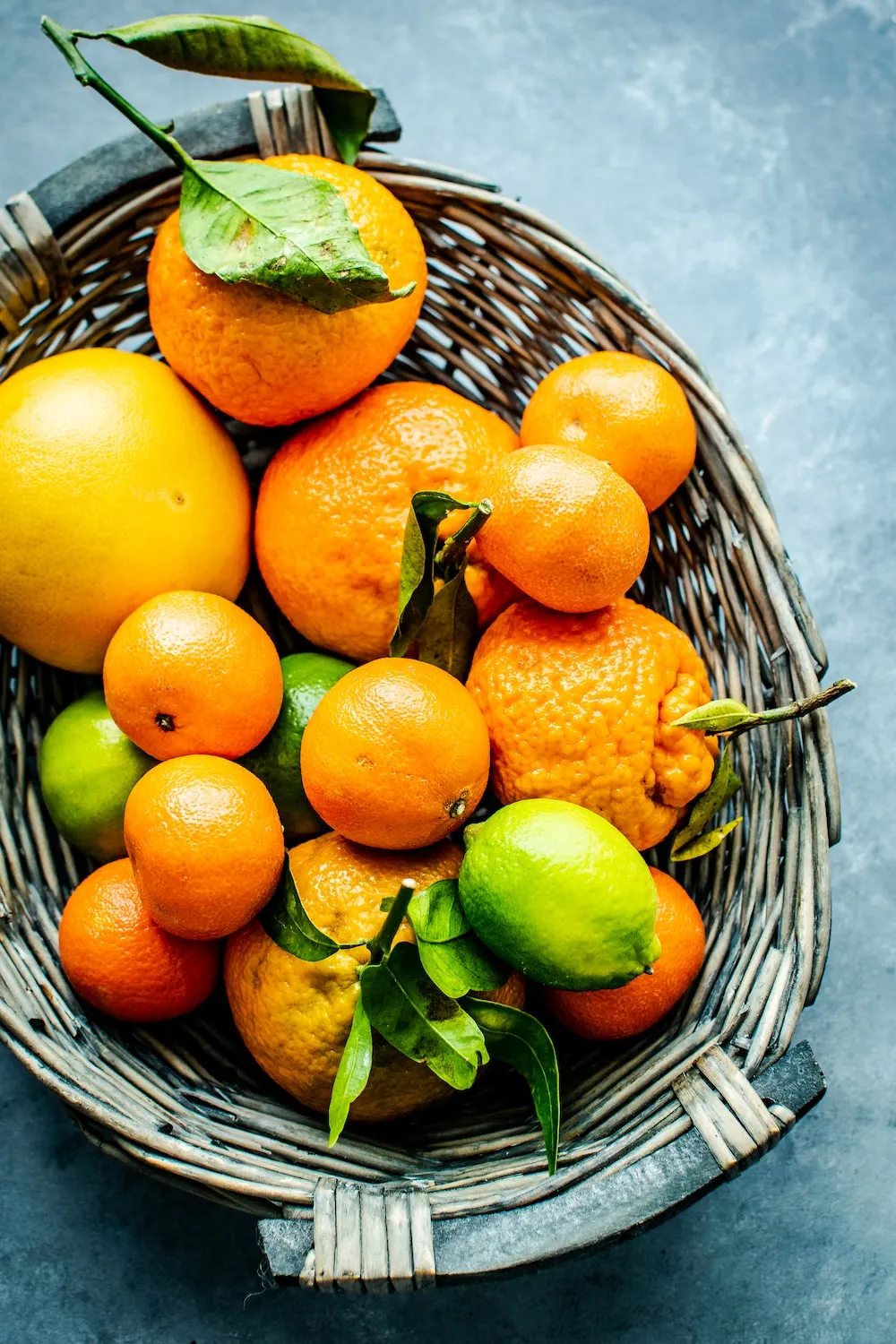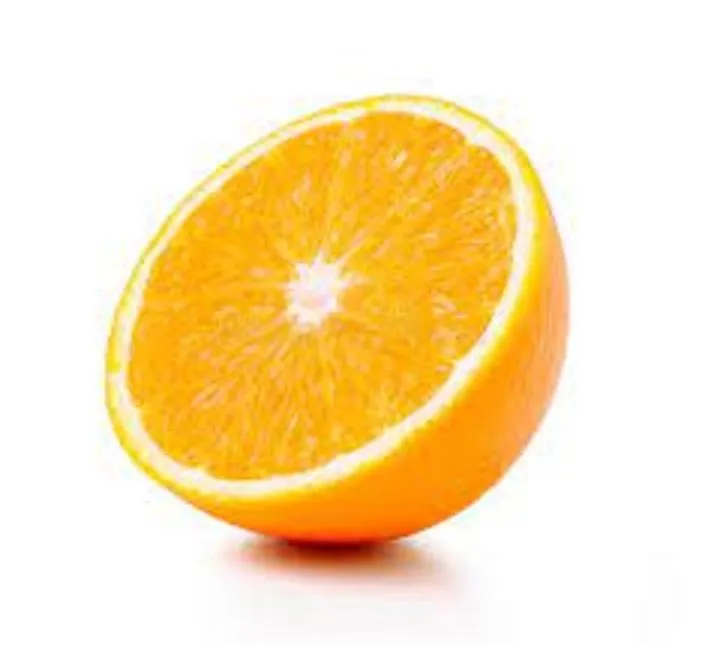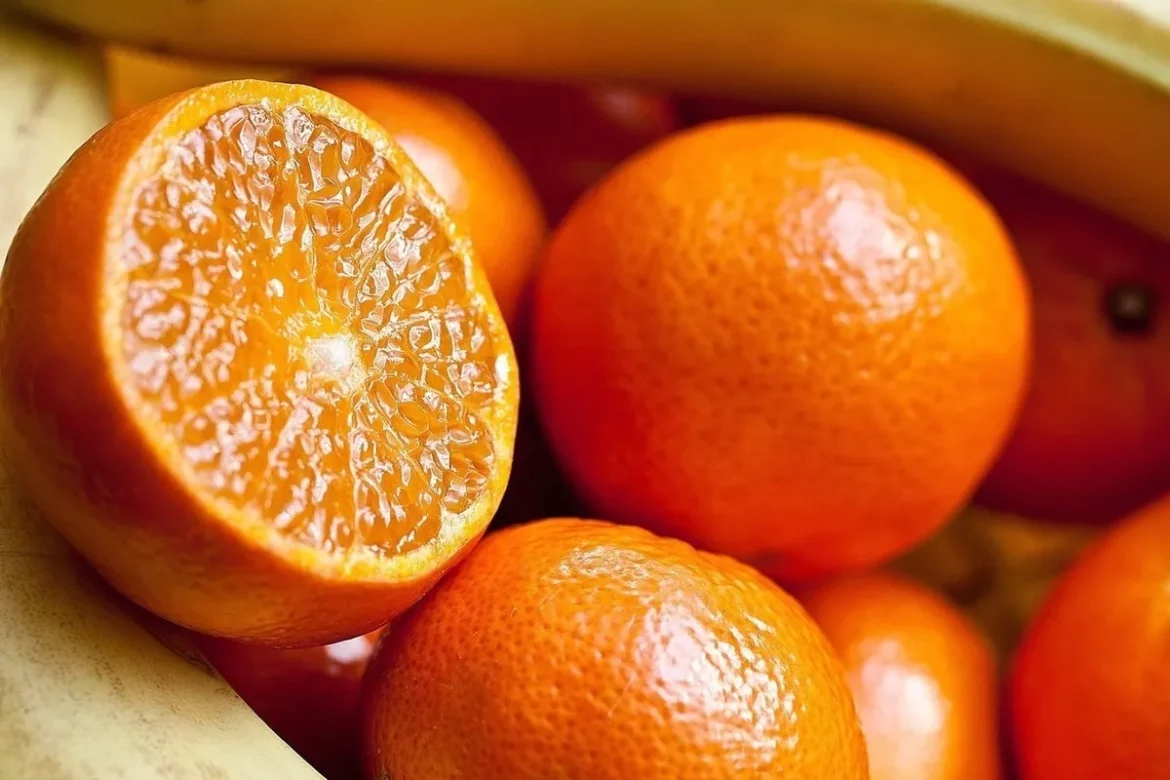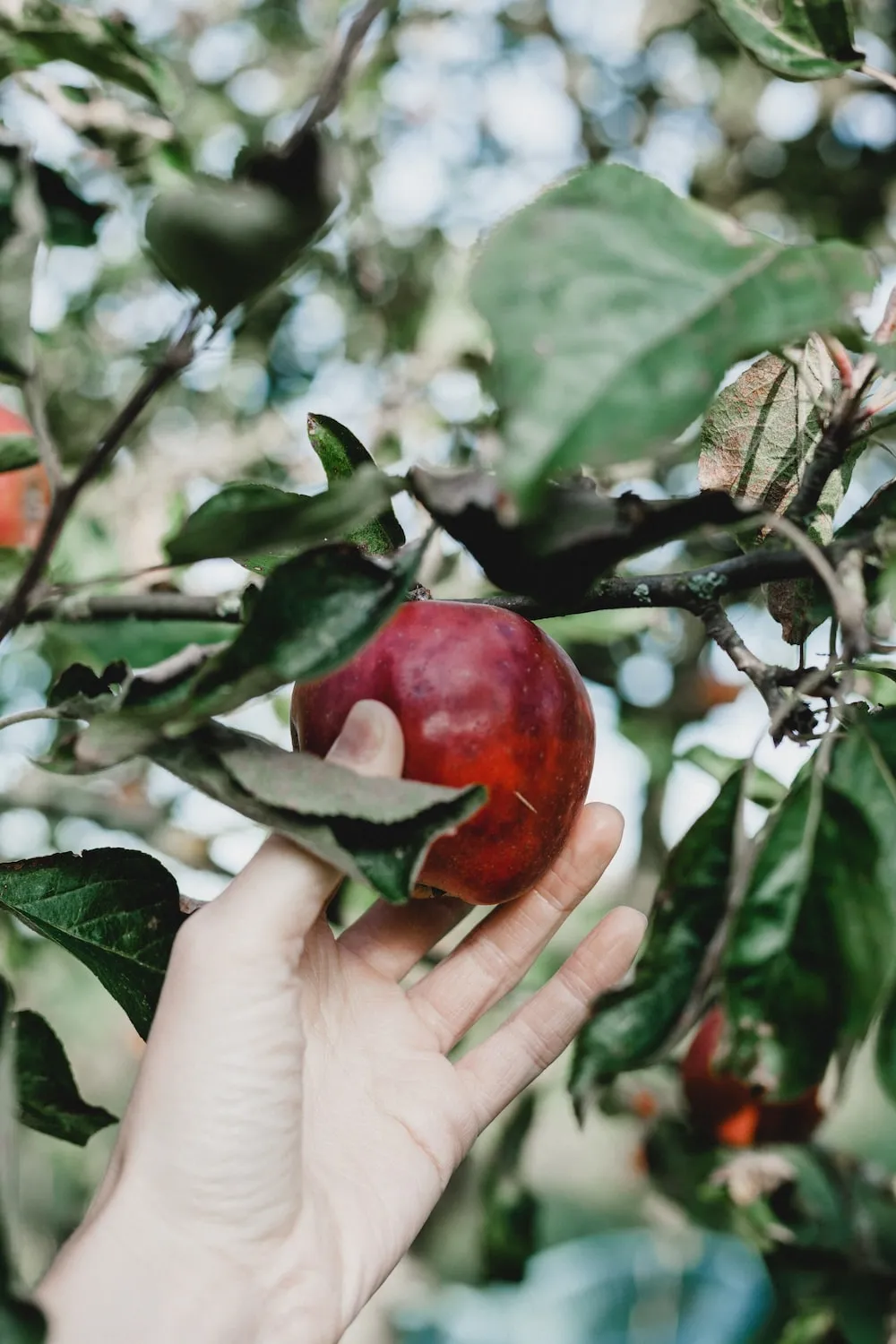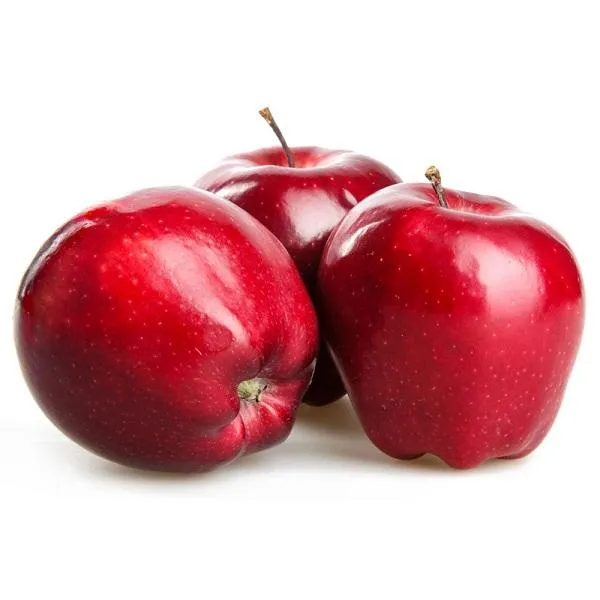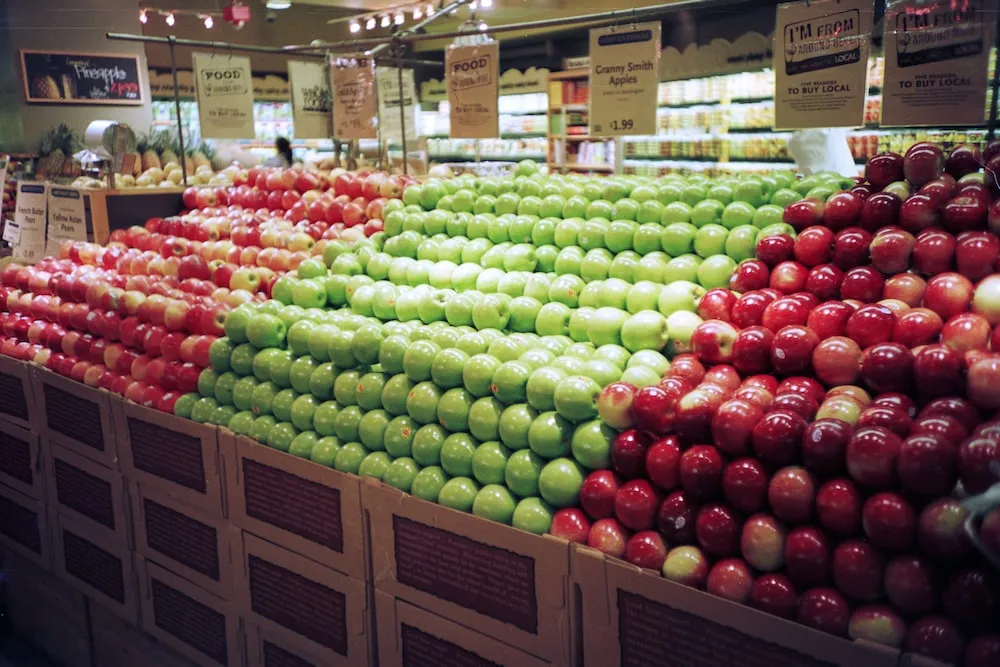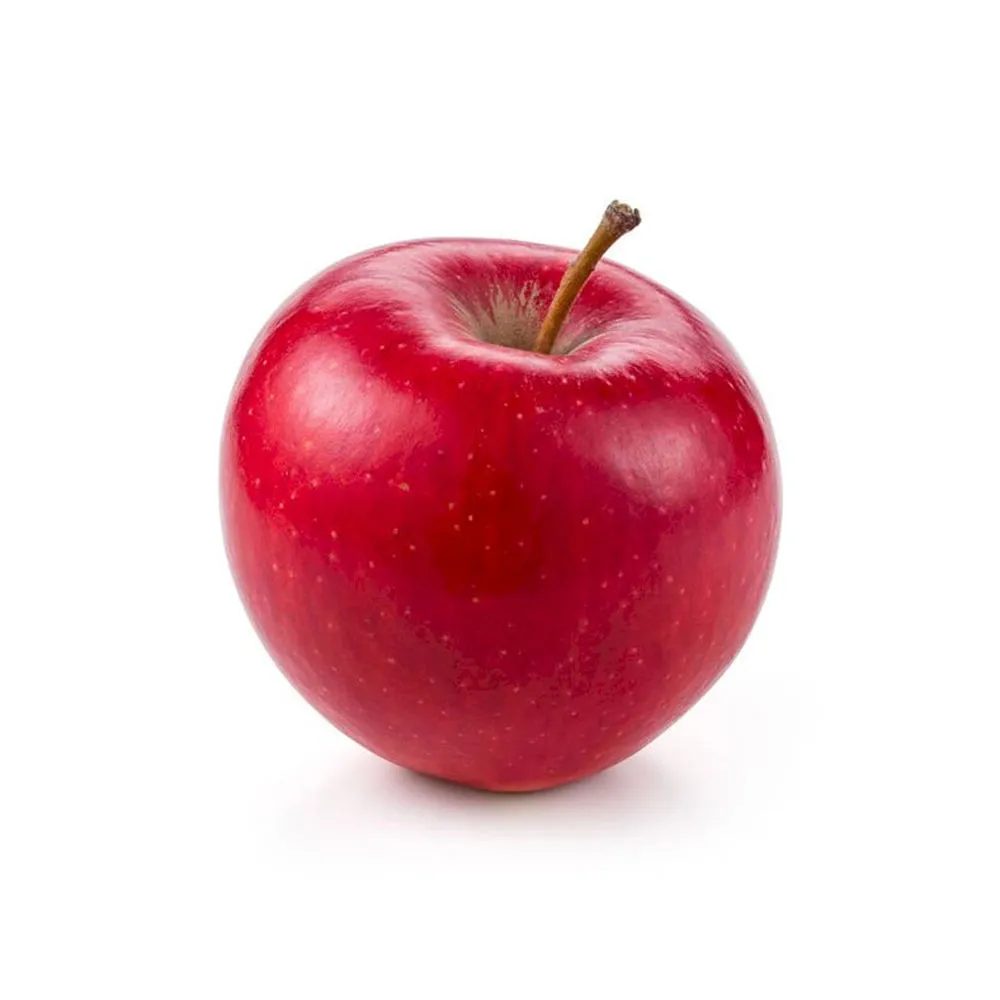In recent years, the demand for unique and exotic fruits has steadily increased, capturing the attention of both consumers and entrepreneurs. One such fruit that has gained significant popularity is the Hardy Kiwi. Known for its vibrant flavor and nutritional benefits, Hardy Kiwi presents an enticing opportunity for those interested in investing in the agriculture industry. This article explores the fascinating features of the Hardy Kiwi plant, its cultivation, and the promising prospects it offers for business ventures.
Unveiling the Hardy Kiwi
While the familiar Kiwi fruit we often encounter is soft-fleshed and covered with brown skin, the Hardy Kiwi, scientifically known as Actinidia arguta, displays some distinct characteristics. The Hardy Kiwi hails from Siberia and Northern China and is smaller in size compared to the common Kiwi. Its smooth, edible skin boasts an invitingly vibrant green hue, and its succulent flesh harbors a delicious blend of sweet and tangy flavors.
Cultivating Hardy Kiwi
Cultivating the Hardy Kiwi plant requires a moderate amount of effort and attention. These plants are hardy and adaptable, thriving in various climates, from the cooler regions of Canada and the northern United States to as far south as subtropical areas. However, they typically succeed best in temperate regions with long, hot summers and cold winters that enable them to undergo a necessary dormant period.
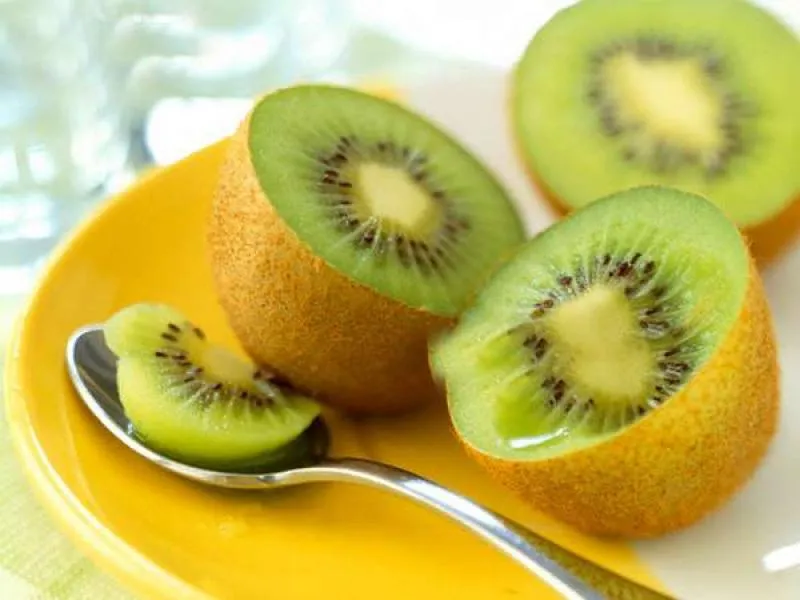
Hardy Kiwi plants thrive in well-drained soil, preferably sandy loam or loamy soil. They flourish in locations that offer full sun exposure, but they can tolerate partial shade as well. Optimal growth requires regular irrigation and sufficient moisture during the growing season. Mulching around the planting area helps in moisture retention and weed control.
Propagation of Hardy Kiwi can be achieved through seeds or vegetative methods. Cuttings from existing plants offer a reliable and efficient method, ensuring true-to-type plants. Proper pruning promotes optimal growth, fruit production, and structural support for the vine.
Profitability and Market Demand
The increasing consumer interest in unique and healthy food choices has paved the way for the Hardy Kiwi’s remarkable market demand. This fruit is highly sought after due to its attractive taste, nutritional value, and versatility in culinary applications. It contains twice the amount of vitamin C as an orange and serves as a good source of fiber, potassium, and antioxidants.
The Hardy Kiwi’s small size works to its advantage, making it a convenient snack option for busy individuals seeking to maintain a healthy lifestyle. The fruit’s sweet and tart flavor profile appeals to a broad audience, including young children, health-conscious adults, and even gourmet chefs who appreciate its unique taste as an ingredient in various dishes, such as salads, desserts, and smoothies.
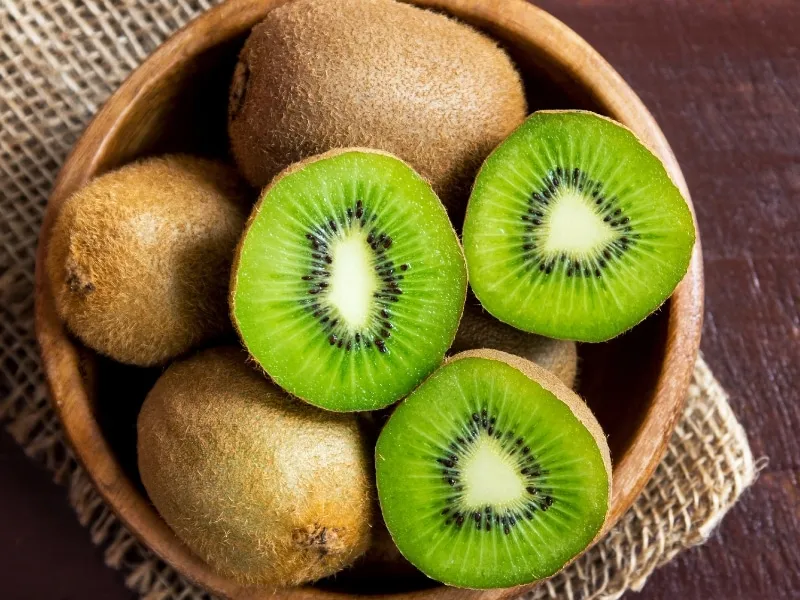
Investing in Hardy Kiwi presents lucrative opportunities for farmers and agricultural entrepreneurs. Compared to traditional crops, the Hardy Kiwi offers higher economic returns due to its premium pricing, extended shelf life, and significantly lower production costs. Capitalizing on the increasing demand and limited supply, growers can tap into profitable markets through direct sales to consumers, local farmer’s markets, online platforms, or even supply to larger retail chains.
Challenges and Sustainability
While investing in Hardy Kiwi may bring substantial rewards, it is essential to recognize and address the challenges associated with cultivation. One significant factor is the long gestation period before the plants bear fruit, typically around three to four years. However, the hardy nature of this fruit, once it starts producing, provides consistent fruiting for an extended period, ensuring a stable income stream.
Another challenge is the need for careful monitoring, especially during the dormant period, to prevent winter damage or frost-associated problems. Adequate protection with mulching, frost blankets, or windbreaks is crucial to safeguard the plants effectively.
To ensure the sustainability of this emerging industry, it is essential for growers to conduct thorough market research, employ effective marketing strategies, and maintain high-quality standards. By staying updated on consumer trends, introducing new product variations, and establishing sustainable farming practices, Hardy Kiwi growers can secure long-term success in this competitive market.
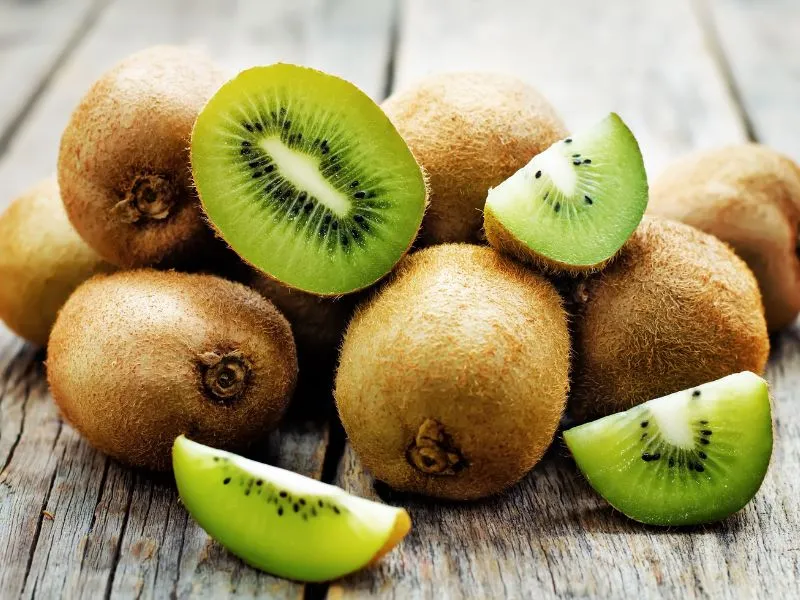
Conclusion
The Hardy Kiwi offers an enticing business opportunity for those interested in investing in the agriculture industry. With its unique flavor profile and nutritional benefits, coupled with increasing demand from health-conscious consumers, the Hardy Kiwi presents a promising future for growers and agricultural entrepreneurs alike. By understanding and accommodating the needs of this fascinating fruit, farmers can tap into a lucrative market and secure a sustainable income stream.The versatility of the Hardy Kiwi extends beyond just its fruit. The leaves of the plant have also been utilized in herbal medicine and alternative health practices. Some studies suggest that the leaves may have anti-inflammatory and antioxidant properties, contributing to the growing interest in the potential health benefits of Hardy Kiwi.
In addition to its market demand, the Hardy Kiwi also demonstrates environmental sustainability. These plants are known for their ability to sequester carbon dioxide and improve soil quality, making them an eco-friendly choice for farmers looking to reduce their carbon footprint and contribute to a healthier environment.
Furthermore, cultivating Hardy Kiwi can be a beneficial addition to agroforestry systems. The vine can be trained along fences, trellises, or other support structures, allowing farmers to incorporate it with other crops such as grapes or berries, maximizing land use efficiency and diversifying their agricultural practices.
To successfully venture into the Hardy Kiwi industry, aspiring growers should consider collaborating with experienced farmers, attending workshops or courses, and engaging with local agricultural extension services. These resources can provide valuable guidance on the cultivation, marketing, and distribution of Hardy Kiwi products.
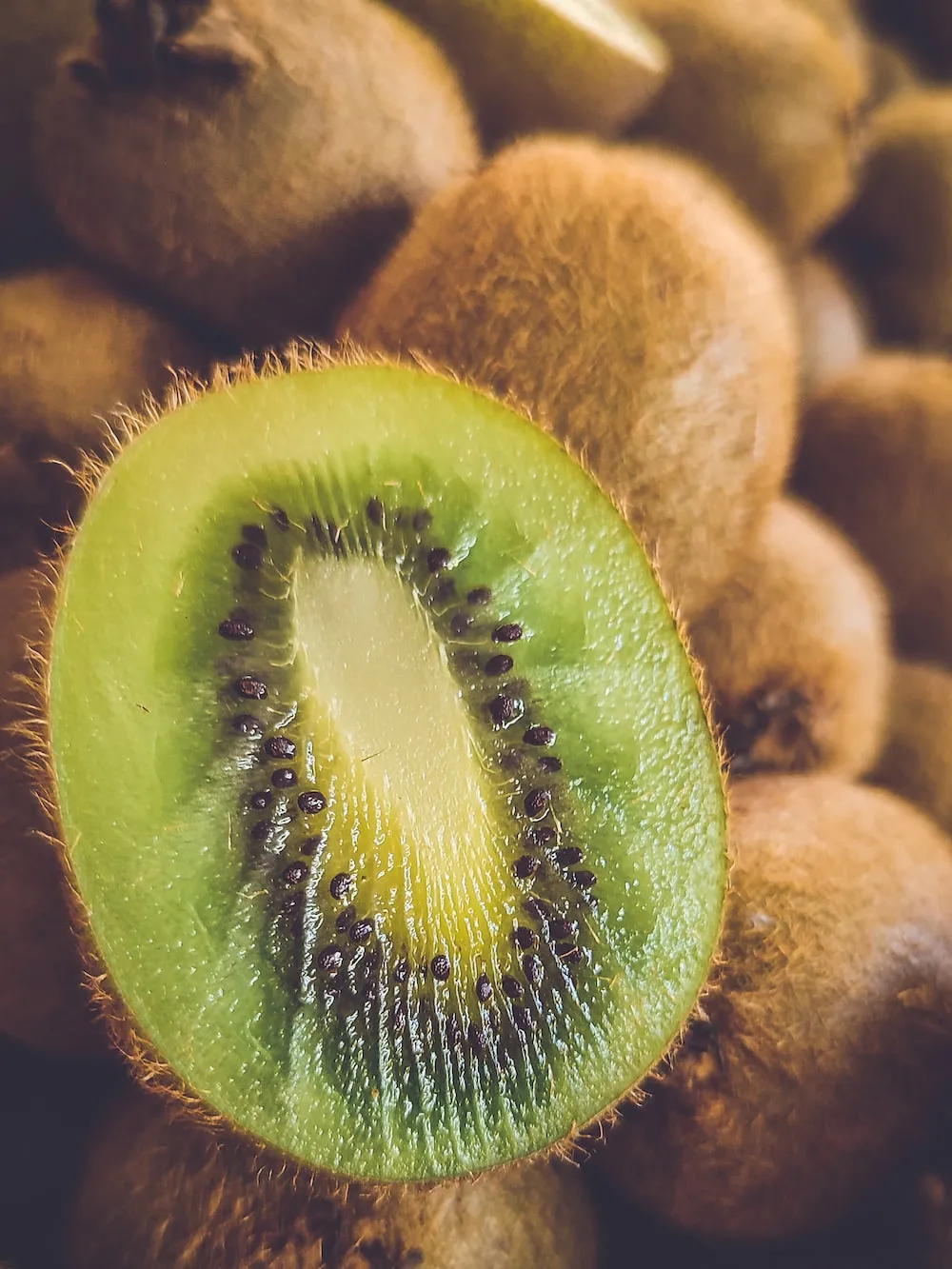
In conclusion, Hardy Kiwi presents a compelling investment opportunity in the agriculture industry. Its unique flavor, nutritional value, and growing market demand make it an appealing choice for farmers and entrepreneurs seeking to capitalize on consumer preferences for exotic and healthy food choices. With proper cultivation techniques, market research, and a focus on sustainability, growers can establish a profitable business venture in the Hardy Kiwi industry, contributing to the growth of the agricultural sector while satisfying the evolving tastes and needs of consumers.

